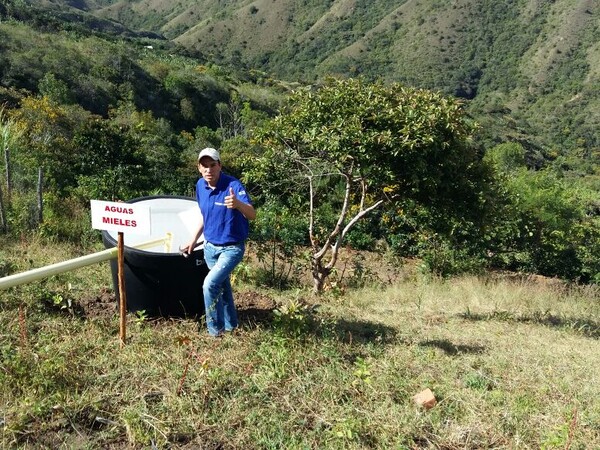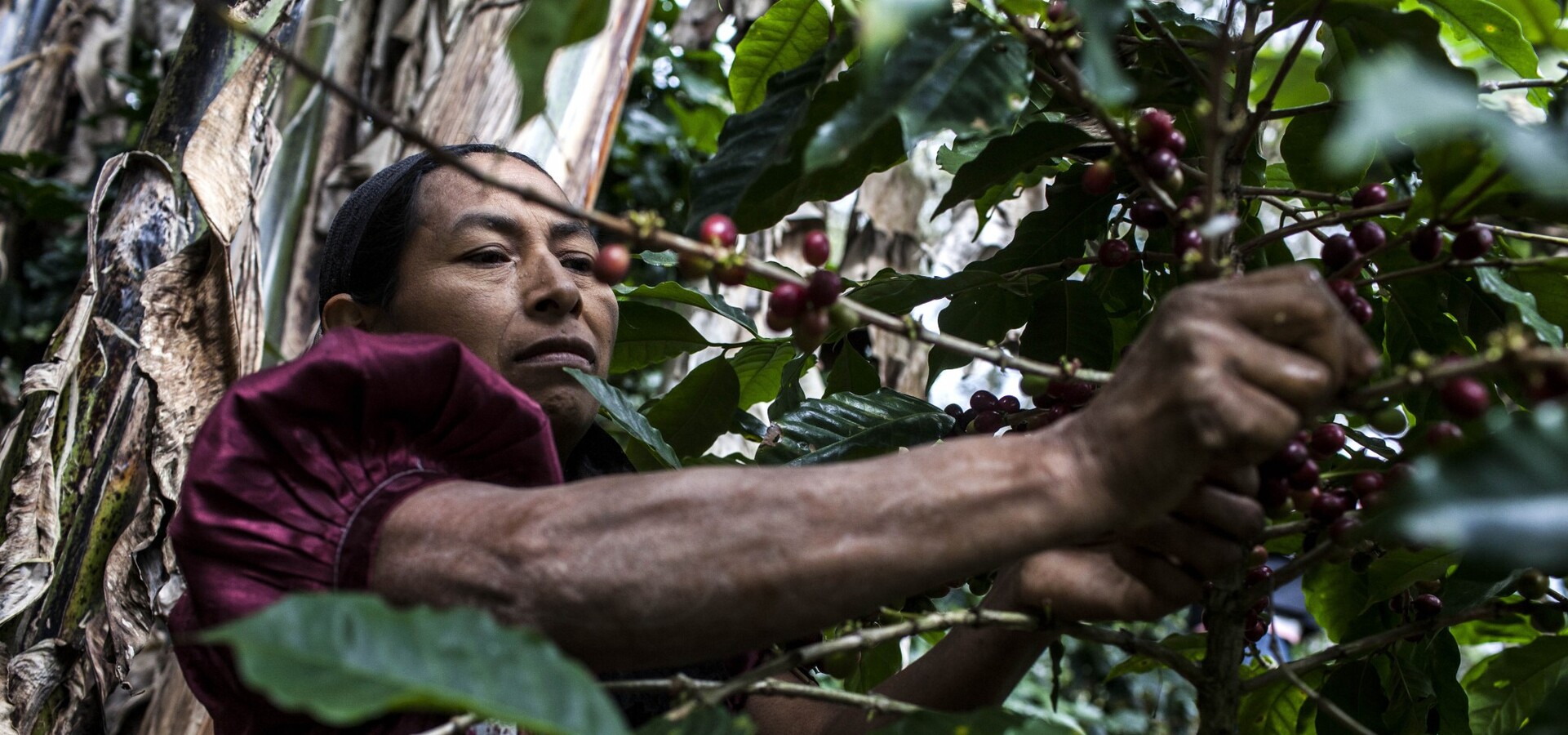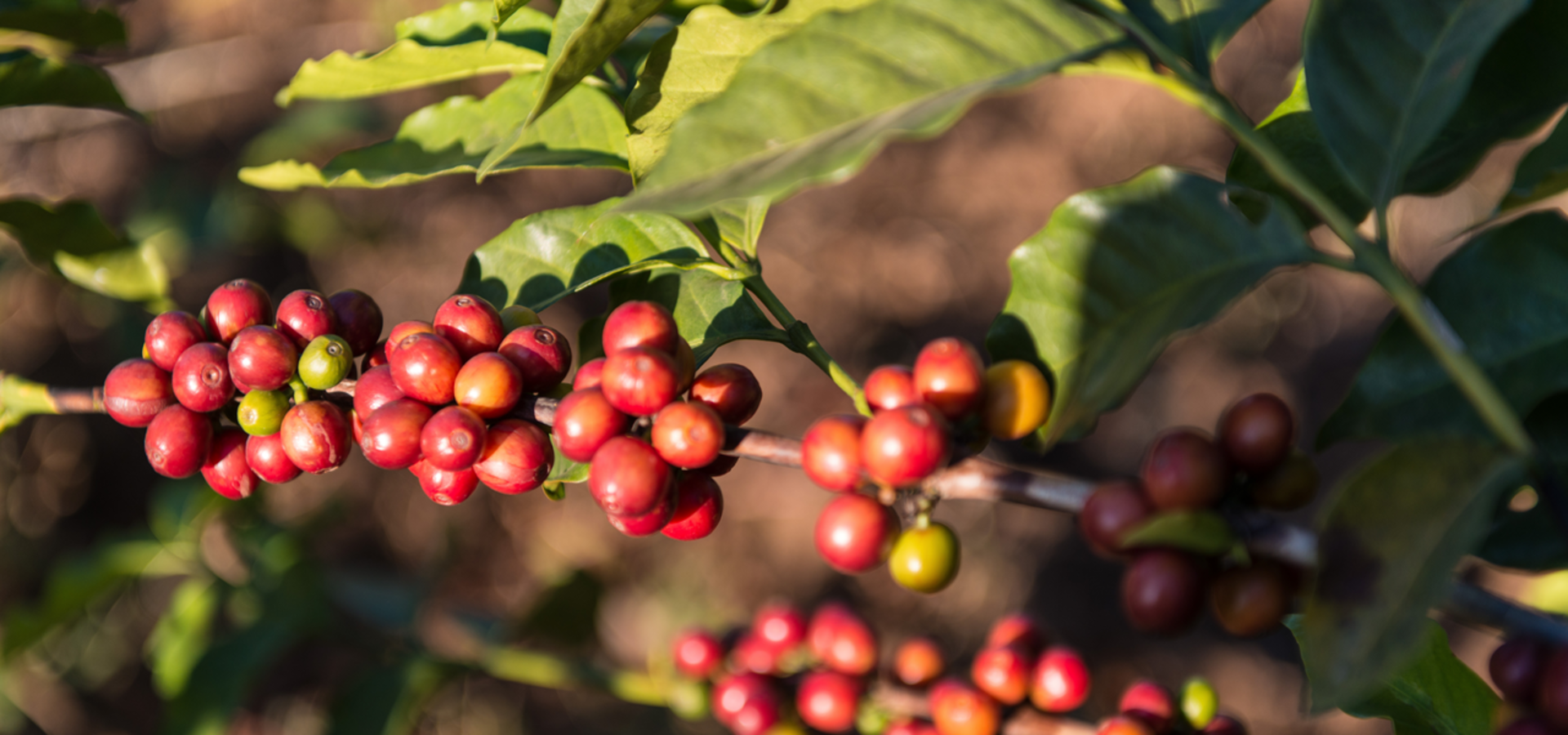‘Every project is based on respect for people and nature and on the desire to build a long-term partnership. This is the only way we can lay the foundations for a working relationship based on trust and ensure the chance for a better future.’
Andreas Christmann, Director of Coffee Purchasing at Tchibo
Project aims and activities
Improving incomes and promoting more eco-friendly farming
To improve the incomes of small-scale farmers, to boost their harvests and to promote sustainable coffee farming in the Nariño region: these were the goals of our Colombia project, which we ran from 2013 to 2017 in collaboration with local partners.
The results exceed all expectations.
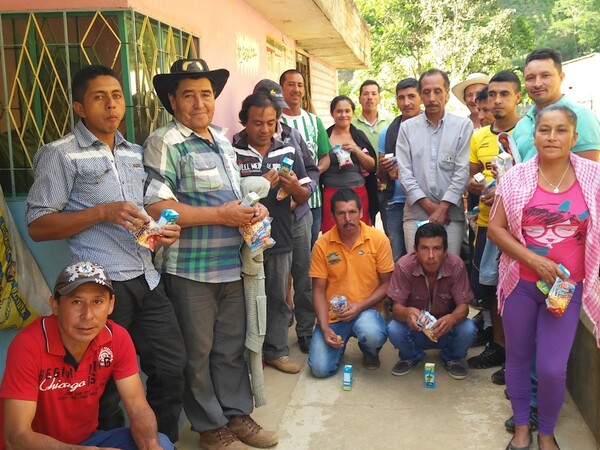
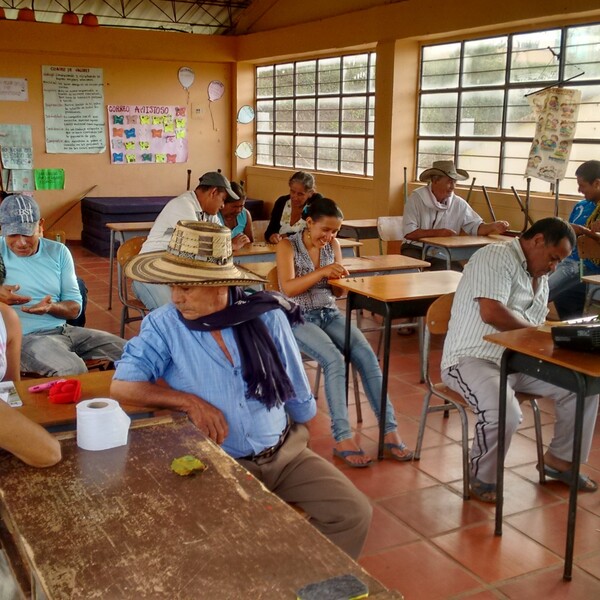
Gradually transitioning to more environmentally friendly farming
Our engagement in the south-west of the country was based on a step-by-step process involving a total of 1,700 farmer families, some 8,500 people. In addition to intensive training in sustainability and environmental protection, the project also provided support for small-scale farmers in obtaining certification under the Rainforest Alliance standard. In the next phase, we helped the farmers to increase their harvests and reduce their production costs, enabling them to generate higher profits for their coffee.
A successful outcome
Our collaborative work has more than paid off: The income of farmers’ families has almost tripled on average. At the same time, productivity rose by a staggering 75.5%. The project also saw the planting of more than 14,000 trees. These trees provide shade, protect the soil from drying out and prevent soil erosion. In addition, the project has enabled 262 families to equip their homes with fuel-efficient stoves, thereby improving their health.
